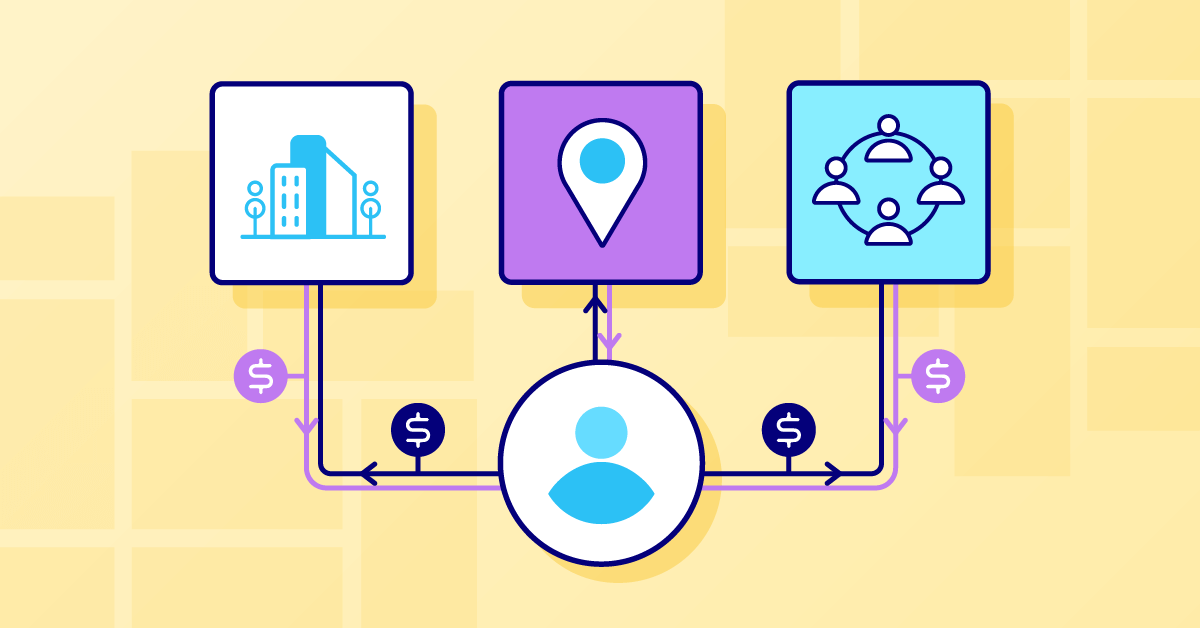From the widespread adoption of artificial intelligence, organizational restructuring, and remote work environments, the workforce as we once knew it has been forever changed by the implications of the pandemic. This holds particularly true for finance teams, as many of them navigate the newness of remote teamwork and process automation. There are varying influences affecting the workforce that finance professionals should be familiar with to understand how these changes could impact their careers.
Let’s Explore the 5 Trends That Will Redefine the Roles of Finance Professionals:
Financial leaders are becoming storytellers
Data is the foundation of the finance and accounting industry, and when delivered in an insightful manner it can support the entire enterprise in making more strategic, proactive business decisions. Research shows that finance leaders are being held in higher regard. Business stakeholders are looking to finance for accurate, relevant, and reliable insights to navigate opportunity and risk. Finance team members are using their reporting and analytical skills to build context around data. By tapping into their creative ability, these finance experts disseminate information in a more digestible and actionable way. As the collection of data becomes increasingly more prevalent in business, companies are in desperate need of talent who craft a story around the numbers.
Rapid adoption of AI and automation technology
In this highly digital era in business, future focused organizations are turning to technology like artificial intelligence and machine learning for more efficient operations, cost savings, and process scalability. With a never ending task list, accounting teams need automation to offload repetitive, manual tasks in accounts receivable and accounts payable. A recent survey indicates that 86 % of CFOs believe the latest automation technology can help their finance teams uncover opportunities and improve business agility. Finance leaders and teams can benefit from streamlined processes, reduced human error, and overall efficiency. Furthermore, businesses are seeing the best returns in the form of accurate forecasting, strategic financial planning, enhanced governance, faster closing and real-time audits.
A bigger focus than ever on cybercrime
Cybercrime is a common threat to finance functions across industries. Organizations often look to the finance function to reduce and mitigate risk, but accountants do not have the bandwidth to investigate every request they receive. According to the 2021 AFP Payments Fraud and Control Study, nearly 75 % of businesses were victims of payment fraud in 2020. While scammers are targeting the entire organization, they mainly focus on accounts payable as 61 % of survey respondents agreed that accounts payable is their most vulnerable business unit. Without the right controls in place this can be extremely damaging for companies and finance teams that do not have the capacity to investigate every request that comes their way. To safeguard funds, CFOs are turning to AP automation to mitigate the risk of fraud by auditing invoices in real-time and monitoring for insider fraud.
Accountants becoming strategic business partners
In the Sage Practice of Now 2020 study, the majority of accountants say businesses need to increase technology adoption, while reported 82 % agreed that expectations for accountants have expanded in recent years to include services such as financial and accounting technology advice. It is becoming increasingly clear that the prevailing outlook within the industry points to one a more diverse workload for accounting professionals. Accountants are now seen as strategic business partners to the CFO. Through an active partnership, finance team members can offer real time analysis and planning for more informed decision-making.
Hiring, developing, and retaining digital skills
CFOs are focused on safeguarding their businesses from disruption caused by the national labor shortage. In a recent survey, 77 % of business leaders reported that retraining their current staff is important for the future of their organization. With technology rapidly reshaping the way the world works, a workforce with strong digital literacy is more important than ever. Developing in-house talent and skills to fill in gaps is a critical investment amidst the staffing crisis. This practice can increase operational productivity as well as boost employee satisfaction and reduce turnover.
Despite the many changes and innovations that are influencing finance, accounting professionals are necessary for business success. According to the U.S. Bureau of Labor Statistics jobs for accountants and auditors are projected to grow 4 % by 2029. While automation can eliminate human error and mitigate the risk of fraud, accountants drive strategic vision. Through these anticipated trends, finance professionals can leverage the opportunity to develop skills and create value within their organizations.











